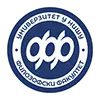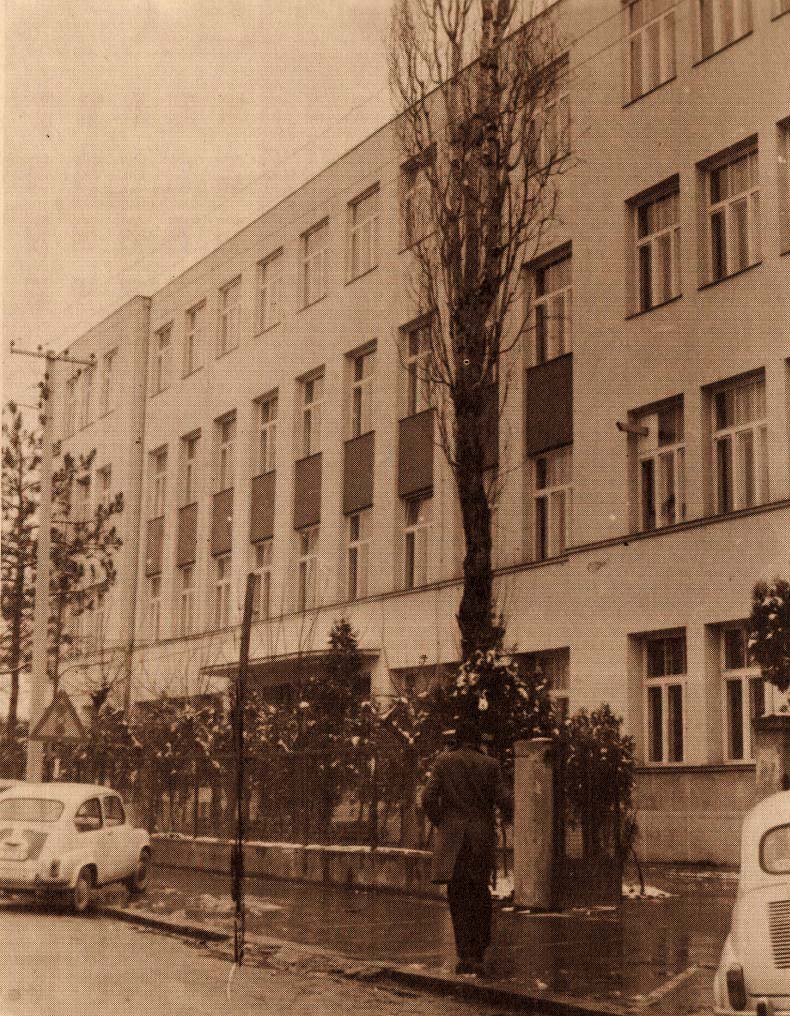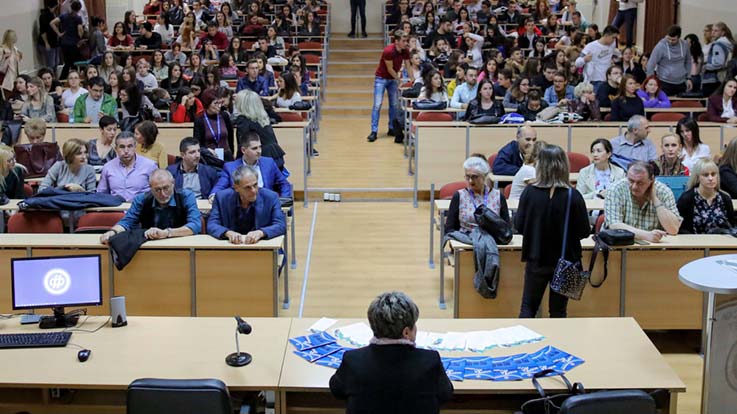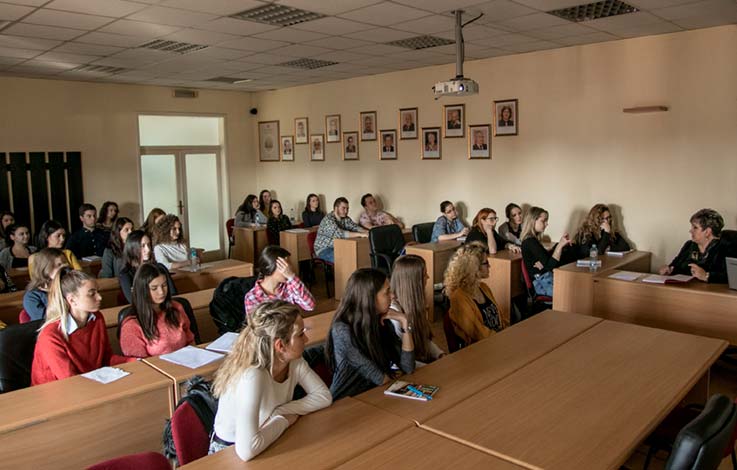Brief History of the Faculty of Philosophy
The Faculty of Philosophy was founded in 1971 as an academic unit of the University in Niš, with a complex academic structure which included scientific and educational programmes in humanities and natural sciences. This demanding internal organization lasted until October 1999, when the Department of Physical Education and three departments of natural sciences became parts of independent institutions. The Faculty’s thirtieth anniversary was in 2001, when new educational and scientific aspects were adopted, specifically focused on philological and philosophical disciplines and social sciences, in addition to the Arts Department, which became an independent faculty in 2003. After the final change of its structure, the Faculty of Philosophy included nine departments which functioned as organizational units covering the main fields of study.
Currently, the Faculty of Philosophy has thirteen departments: English Language and Literature, Serbian Language, Serbian and Comparative Literature, Russian Language and Literature, French Language and Literature, German Language and Literature, Sociology, Social Policy and Social Work, Philosophy, Psychology, Pedagogy, Communicology and Journalism, and History. The Faculty has more than 200 full-time employees, more than 30 study programmes at all study levels and more than 4000 active students.
The Faculty Council has 27 members and it is the main executive body, above the Teaching and Scientific Council and the Elective Council, whereas the Dean’s Office is responsible for organizational matters. Administrative support is provided by the Secretariat which is in charge of the non-teaching staff and it includes specialized departments, units, offices and centres that provide various services. The newest additions to the administrative organizational structure are the Office for International and Interinstitutional Cooperation and the Office for Career Development and Student Support, established in 2016.
Academic and Research Activities
The main mission of the Faculty of Philosophy is to organize and carry out academic programmes which lead to obtaining the Bachelor, Master, as well as Doctoral diplomas at different study programmes dedicated to social sciences and humanities. In addition, the Faculty promotes various forms of basic and advanced research, and it also deals with other issues regarding education, either independently or in collaboration with other academic, research or industrial organizations and institutions.
The official competitions for the admission to the Faculty are announced in May for the following academic year, and they refer to the students who have a full four-year secondary education. The entrance exam is focused on testing the knowledge related to the appropriate courses, depending on the study programme.
Basic Tasks and Objectives
The basic tasks and objectives of the Faculty of Philosophy of the University of Niš, based on the Strategy for Quality Assurance, should meet the higher education goals prescribed by the law and the vision of the further development of higher education at the Faculty. The long-term tasks and goals of the Faculty of Philosophy of the University of Niš are:
- Continuous improvement of the quality of higher education at the Faculty,
- Increasing the efficiency of the studies through the application of quality assurance measures,
- Continuous improvement of the quality of the study programmes,
- Continuous improvement of the quality of teaching and the teaching process,
- Continuous improvement of the scientific and research work of the teaching staff,
- Continuous improvement of the quality of the Facility space and equipment,
- Continuous improvement of the quality of the Faculty administration and management, as well as the quality of administrative support,
- Providing important roles for students in the process of quality assurance and continuous quality improvement,
- Systematic monitoring, periodic inspection and continuous improvements to the quality system at the Faculty.














